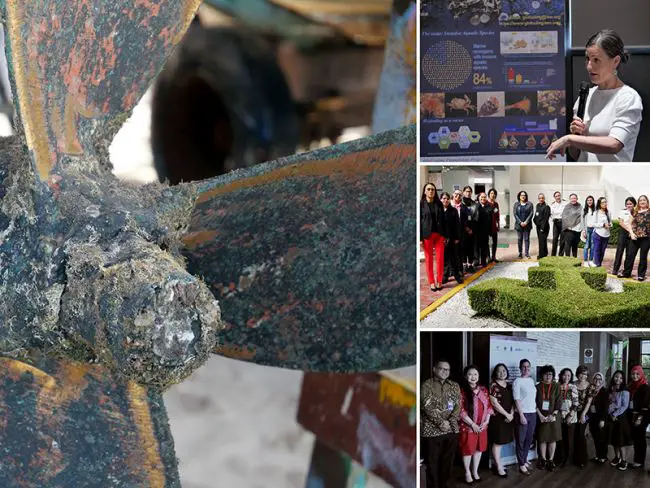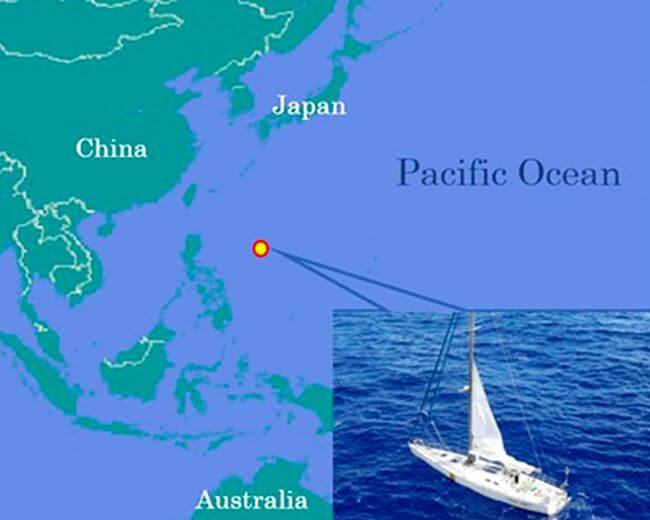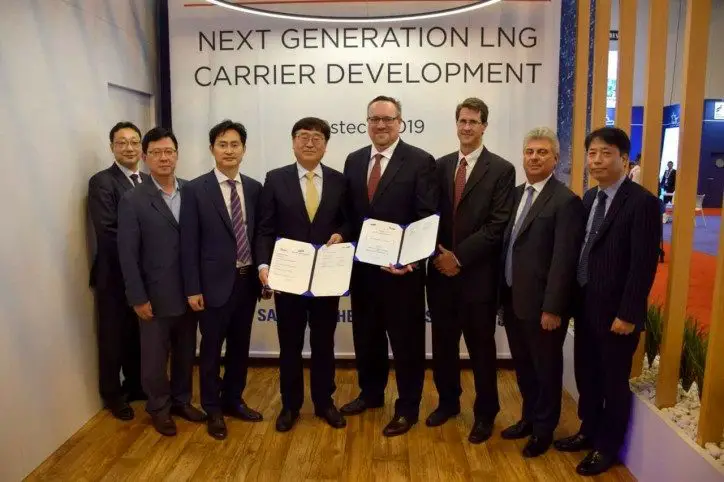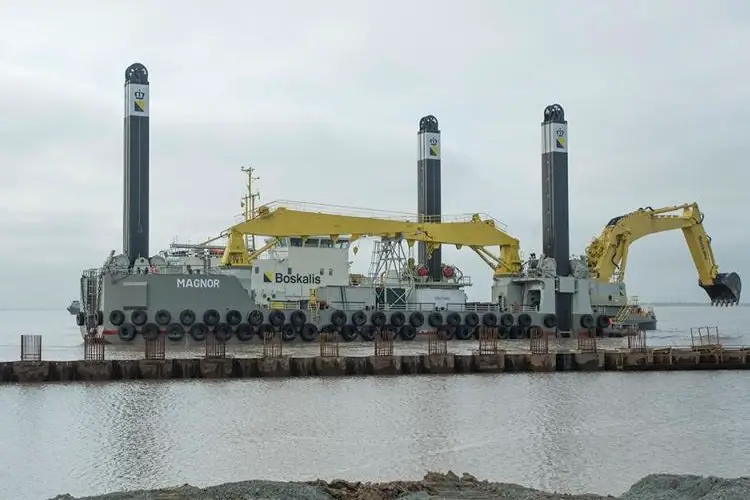Global Biodiversity Project GloFouling Passes New Milestones

Global Biodiversity Project GloFouling Passes New Milestones
With the marine biodiversity being in a great threat due to the invasive aquatic species, a key global project against the threats and to find the solutions to these problems is being led by IMO. With Indonesia and Mexico also making their national task force to be a part of the initiative, two more milestones have been passed by the project.
Read more: What Is A Marine Biologist?
GloFouling Partnership is this project which is initiated jointly by the Global Environment Facility (GEF), the United Nations Development Programme (UNDP) and IMO.
Through this project, the developing countries will be supported to take steps against invasive aquatic species that are transferred by biofouling on hulls of ships and on other different marine structures.
Workshops were arranged in October in Indonesia and Mexico by IMO in order to talk about the technical aspects of the problem and the institutional arrangement of the countries for the engagement with GloFouling. Various stakeholders who would work for this national task were brought together in the workshops. Along with the national maritime and environmental authorities, industry representatives, universities, academics, and research institutions will also be a part of the task.
12 Lead Partnering Countries will be a part of the GloFouling Partnerships project. Fiji, Tonga, Brazil, Madagascar, Mauritius, and the Philippines have been joined by Indonesia and Mexico as those which have already established their national task forces. Jordan, Sri Lanka, Peru, and Ecuador are to join in the coming months.
The next step for GloFouling Partnerships in Mexico and Indonesia is to make national baseline reports so as to know the present condition about the non-indigenous species. The presently available data will be used and thus, the impact on the economy will also found out which will help in further policy decision making.
Reference: imo







